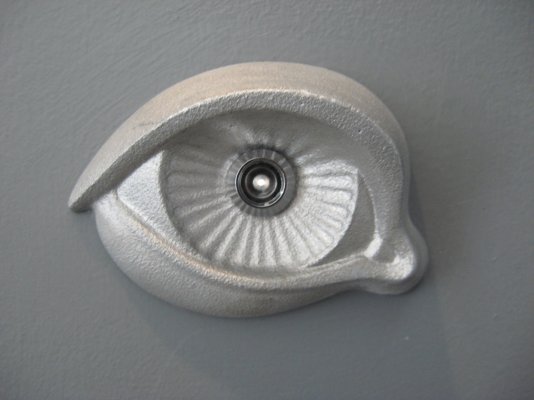I've never understood the 80% pre-retirement income requirement once you've retired.
For a start they should use expenses rather than income. Once I've ERed my commuting costs will go down and they'll be no mortgage. I don't see much else changing so my post retirement expenses will be about 30% of my pre retirement expenses
When I ER'ed I re-figured my net income of working vs being retired, and subtracted off a few things.
No SS/FICA/MC -- 7.65% (approx $7800)
No IRA -- $5000/yr times 2 = $11,000
No 401(k) -- $20,500 /yr
That's $39,300 that no longer would be coming out of my pocket.
My "last year salary" of about $102K was effectively $81K.
Right there is the 80%.


